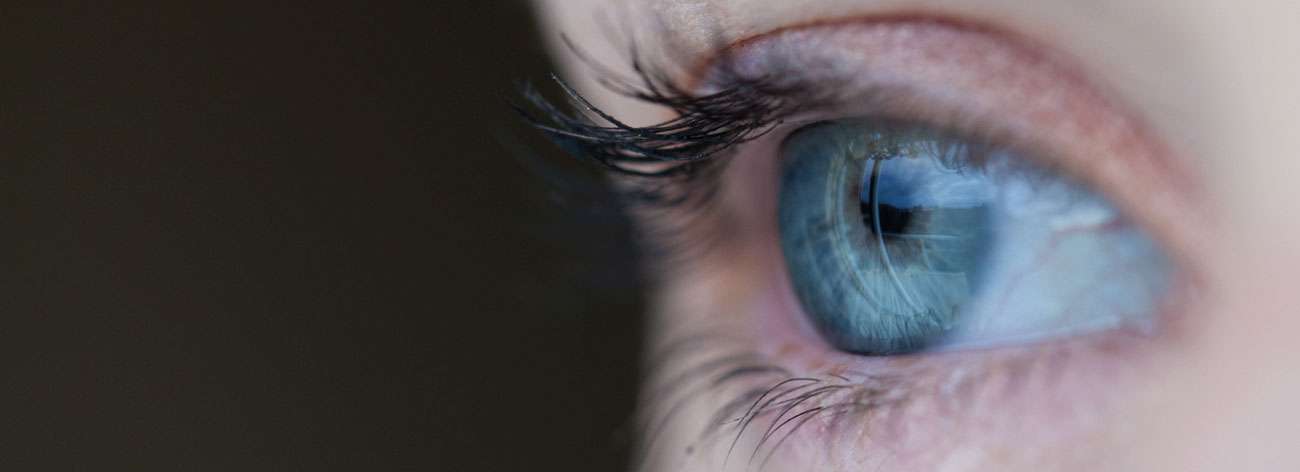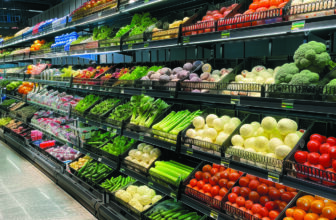
As we enter a new year and a new decade. It’s common at this time of year to look back over the past year and to take stock. We buy new journals or new diaries, we set new goals and adopt new habits. Science shows that those new goals and new habits have often fallen away by the middle of February. What is it that trips us up every year?
I believe the answer is lack of vision. ‘Without vision a people perish’ and ‘hope deferred makes the heart sick’ are both observations made by King Solomon in his book of Proverbs. My last decade did not turn out as I had envisioned. In fact it was quite the opposite and it has taken me the last 5 weeks whilst being in South Africa to process where I have come from and to recalibrate my journey ahead. My vision got lost and submerged in the events of the last decade but I am now in a position to lock in that vision once again.
With that vision in place, I can now decide on the steps that I need to achieve it. I prefer to use ‘steps’ rather than ‘goals’ as the term carries with it a sense of moving forward. As Lao Tzu said ‘a journey of 1000 miles begins with 1 step’. Whether your journey is 1 mile or 1000 miles make a decision to take that first step.
Seeing clearly what you want to achieve is vitally important and when the going gets tough your why will keep you on track. We all need a why; a reason to do something; a purpose which drives us forward. It also helps if you have good eye health! I can’t imagine what it must be like to be blind or to lose your sight. I have worn glasses since the age of 16 and I often joke with people that without my glasses on I can’t hear properly! Eyesight is probably the most important of the five senses and with macular degeneration, cataracts, glaucoma and dry eyes being the scourge of old age, there are several nutrients which support eye health in particular.
Have you heard that eating carrots helps your night vision? It’s not an old wives tale as carrots contain vitamin A, essential for maintaining your eyes light-sensing cells, also known as photoreceptors. Vitamin A is also found in liver, egg yolks, dairy products and as carotenoids found in yellow and orange fruits and vegetables, kale and spinach.

Lutein and zeaxanthin are also yellow carotenoids and they function as a protection in the eyes against bright light. They are like sunblock for your eyes and are particularly beneficial for the health of the macula, an area found in the centre of your retina. One study shows that those with the highest intake of lutein and zeaxanthin had a 43% lower risk of macular degeneration compared to those with a much lower intake. These two nutrients generally occur together in foods. They can be found in spinach, Swiss chard, kale, parsley, pistachios and green peas. Egg yolks are considered one of the best sources due to their high fat content.
Omega 3 fatty acids, EPA and DHA, are also important for your eye health. DHA is found in large amounts in the retina and is also vitally important for brain and eye development in infancy. Omega 3 fatty acids are found in oily fish such as salmon, mackerel, anchovies, sardines and herrings. There are also excellent vegan sources of omega 3s that are now available.
Sea buckthorn, or Omega 7, is excellent if you suffer from dry eyes. A sour, orange berry originally from Scandinavian countries but now grown in the UK, sea buckthorn is also excellent for intimate dryness often experienced in women during menopause.
Zinc is also vitally important for the health of your eyes. Your eyes contain high levels of zinc and a deficiency in the diet may lead to an increase in macular degeneration. Zinc is found naturally in oysters, venison and pumpkin seeds. Zinc is also beneficial for prostate health!
In 2020, take care of your vision both physically and mentally. Losing either will greatly impact your life and change it forever.
For help or advice or to join my 9 week ‘detox your life’ online course (use the code CM2020 to get 10% discount) please email me: sue@thegenuinelivingcompany.com or phone: 07961 990087











